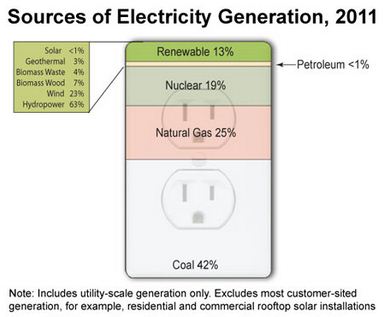Urban Planning Detroit Style
SEARCH BLOG: DETROIT
It seems that every few weeks the Detroit newspapers run a story about how to fix Detroit. If Detroit was a person, the question would be how to fix a homeless, drunken bum with gangrene. Where do you start? The Detroit Free Press reports:
By SUZETTE HACKNEYThat reminds me of this [click images for larger view].
FREE PRESS STAFF WRITER
When he took office a year ago, Detroit May or Dave Bing arrived with the notion of having no time to waste — and no time for distractions outside City Hall.
He was determined to overhaul city govern ment, avert bankruptcy and ignore his critics. Now, as he reflects on his first year, Bing says the city’s financial and bureaucratic realities have led him to refocus his leadership approach. Starting Wednesday, Bing will begin holding a se ries of community summits that will focus on land use, public safety, education, health, youths and jobs. The summits, he says, will serve as a kickoff to his restruc turing policies, bit by bit.
“I think I’m a person who has always planned well, but when you inherit the magnitude of problems and inefficiencies that are here, there’s no way for you to make the long range plans without doing it on a project-orient ed basis,” Bing told the Free Press. “For the rest of the calendar year and into 2011, I’m not so worried about being forced to put a plan out there. I’m more interested in looking at the pro jects that I know we can complete.”
Despite the demands of the job, Bing has vowed not to quit.
“I’ve got this desire — I’m a competitor — and I’m not satisfied with how we’re perceived here within the city and outside of this city, and I want to change that.” he said.
Some well-meaning individuals believe that Detroit, like that homeless derelict, can be cured without surgery. "Downsizing" is confusing to them. They prefer "right sizing" or "regenerating."
The first question might be, "What is 'right sizing' in the context of a city like Detroit?" There is a direct correlation between the de-populating process and this:
How do you "right size" a half-empty city without shrinking the physical boundaries of that city? How do you fill the empty spaces with something that contributes to both the fiscal and social well-being of the city without surgery or a plan?
There is nothing in the near term... the next 5 to 10 years... that portends any "regeneration" for Detroit. Perhaps if Michigan had a strong economy, the "project" approach could be supported with a stream of state funds.
Therefore, I refer you, once again, to this:
Detroit Will Not Downsize Area Until Everyone Is Gone
..







